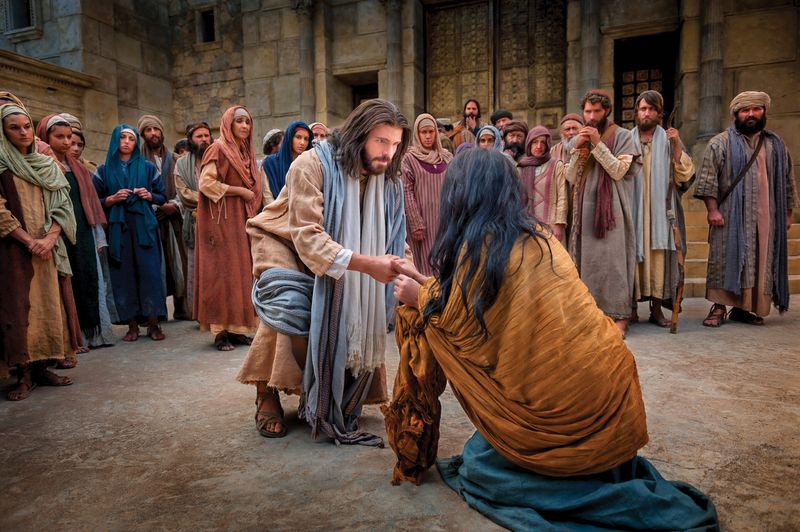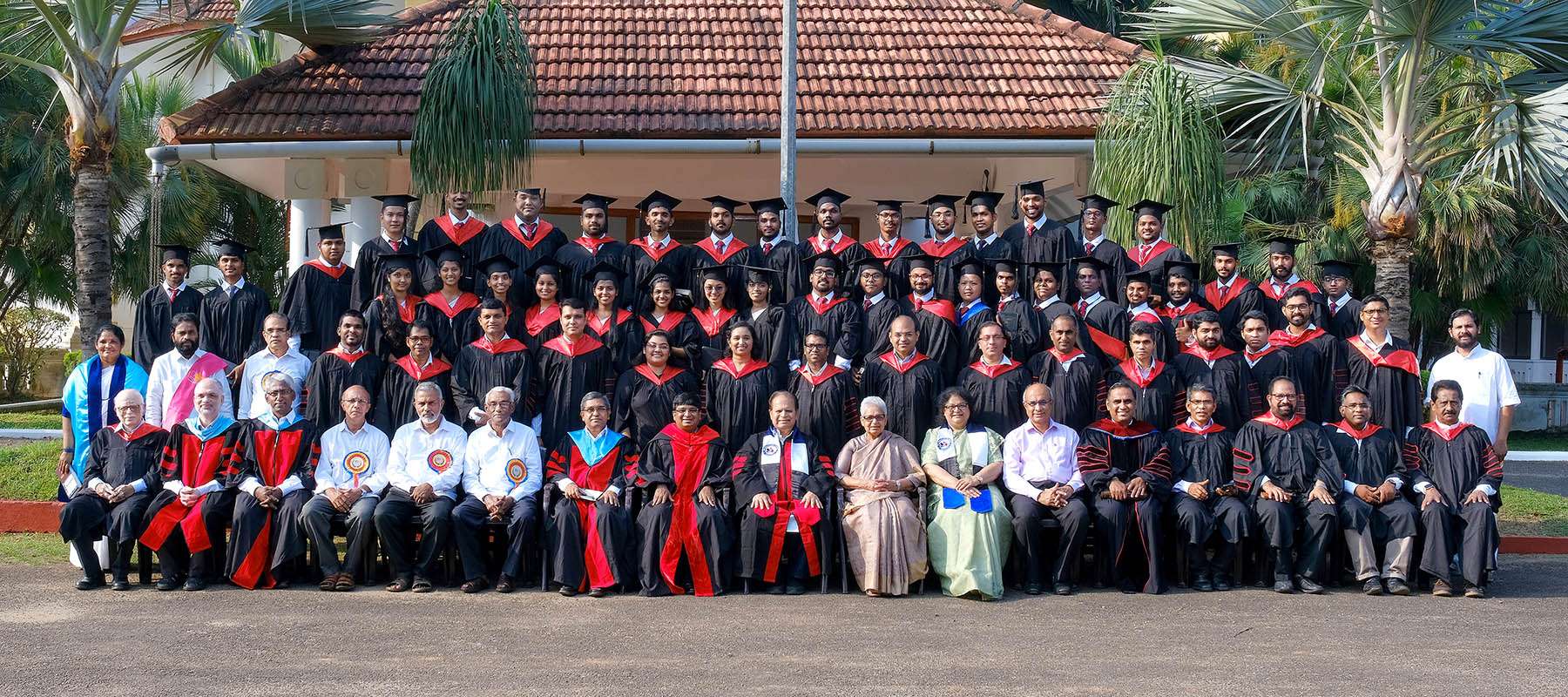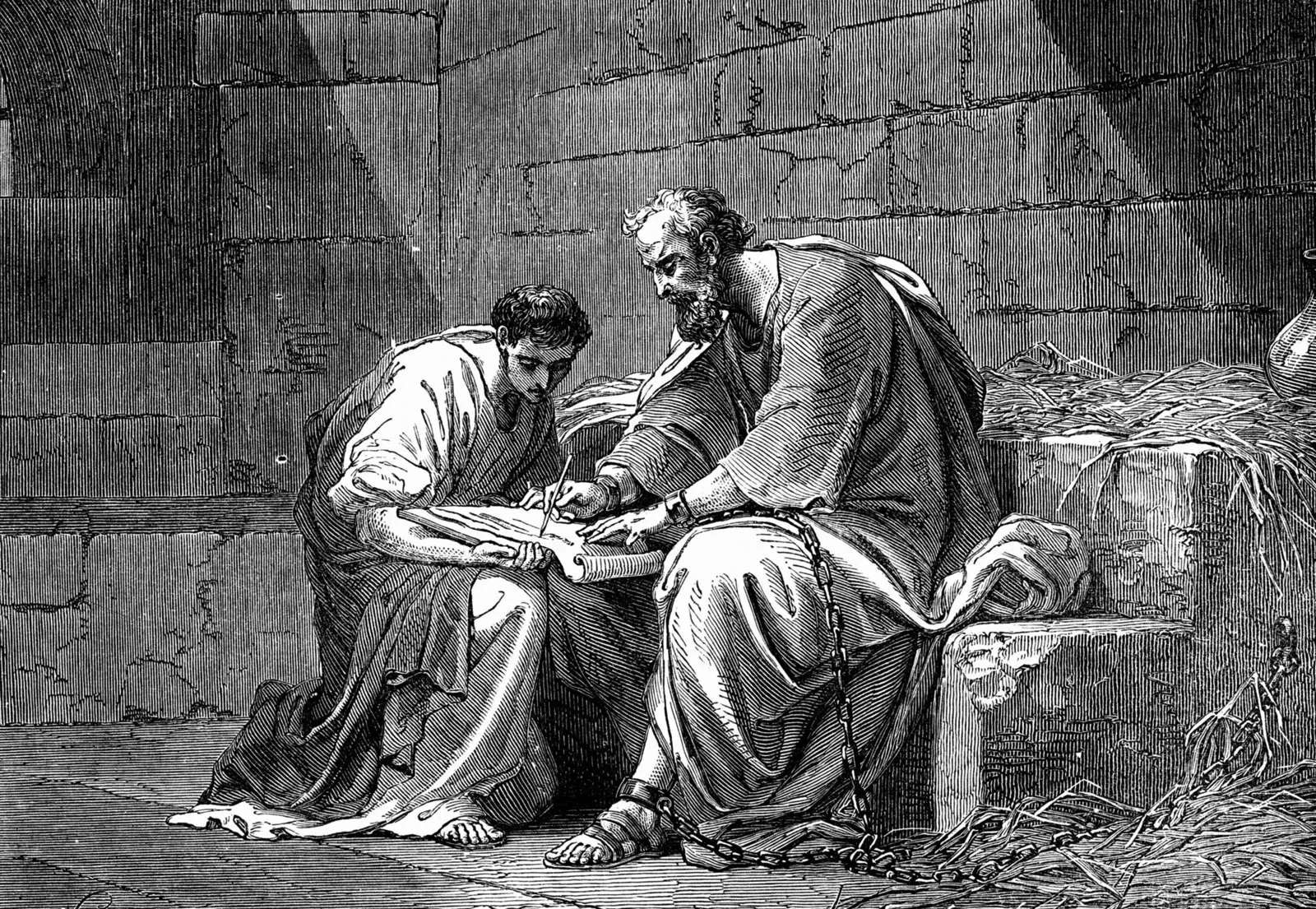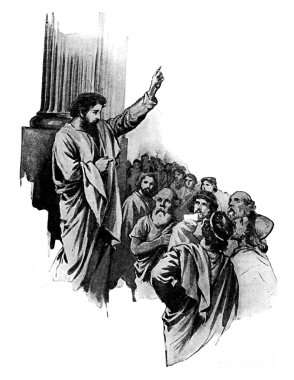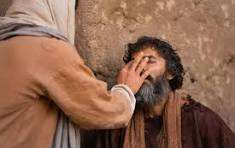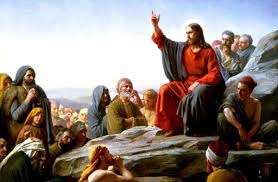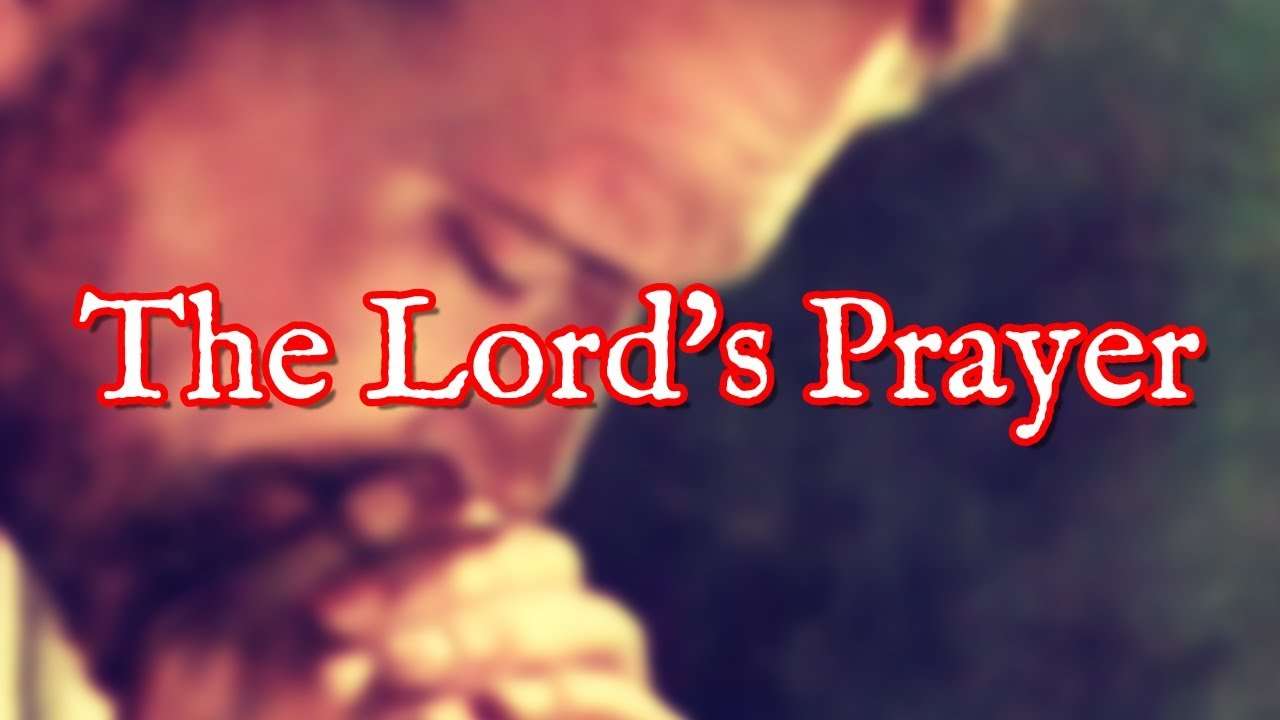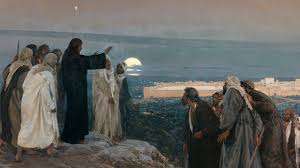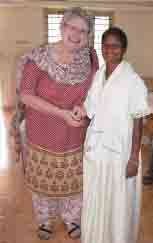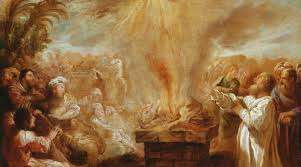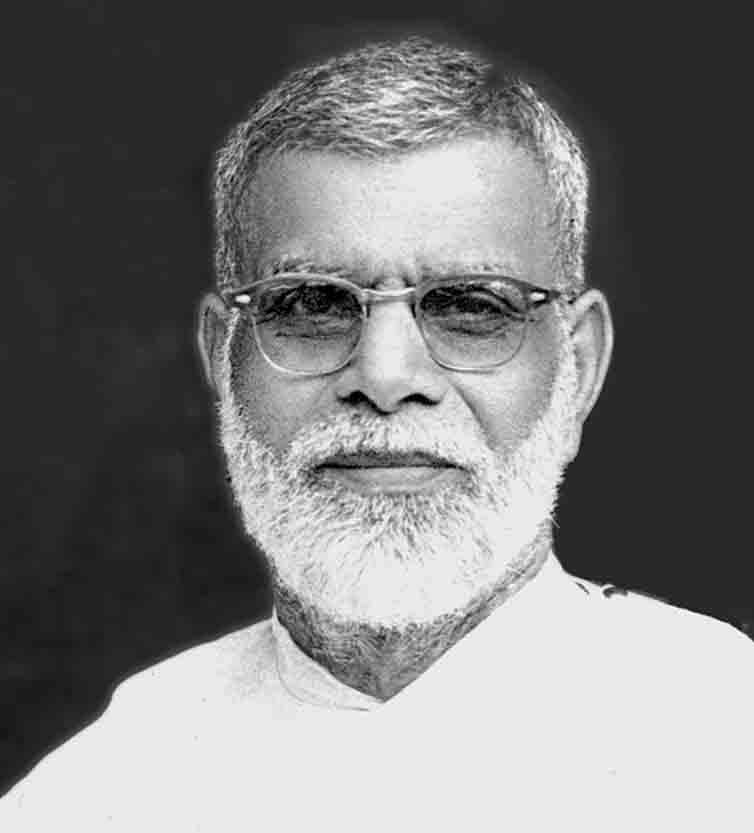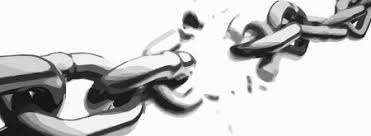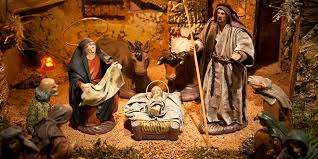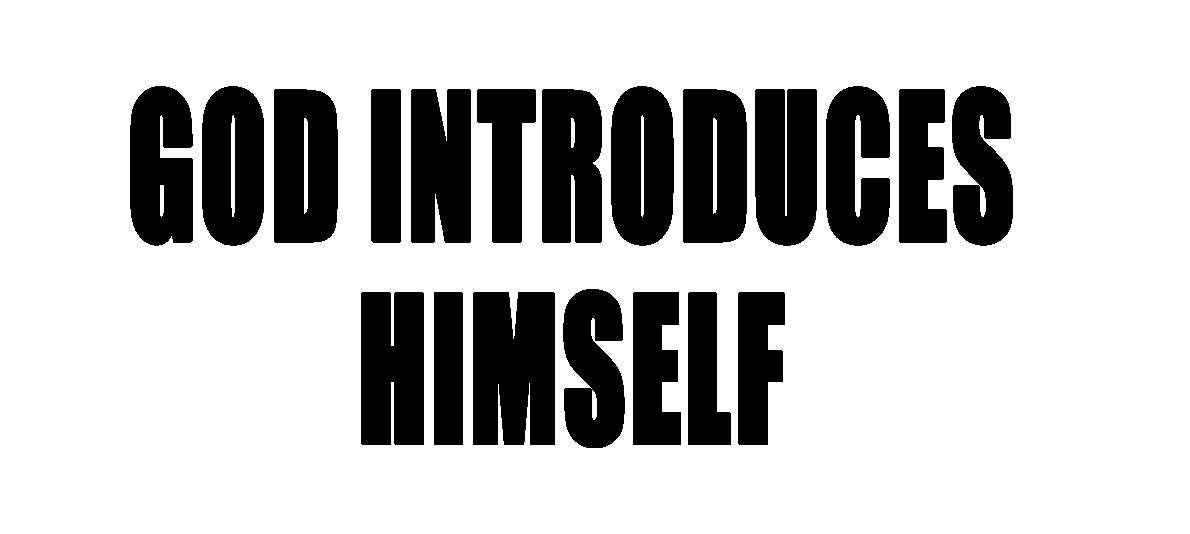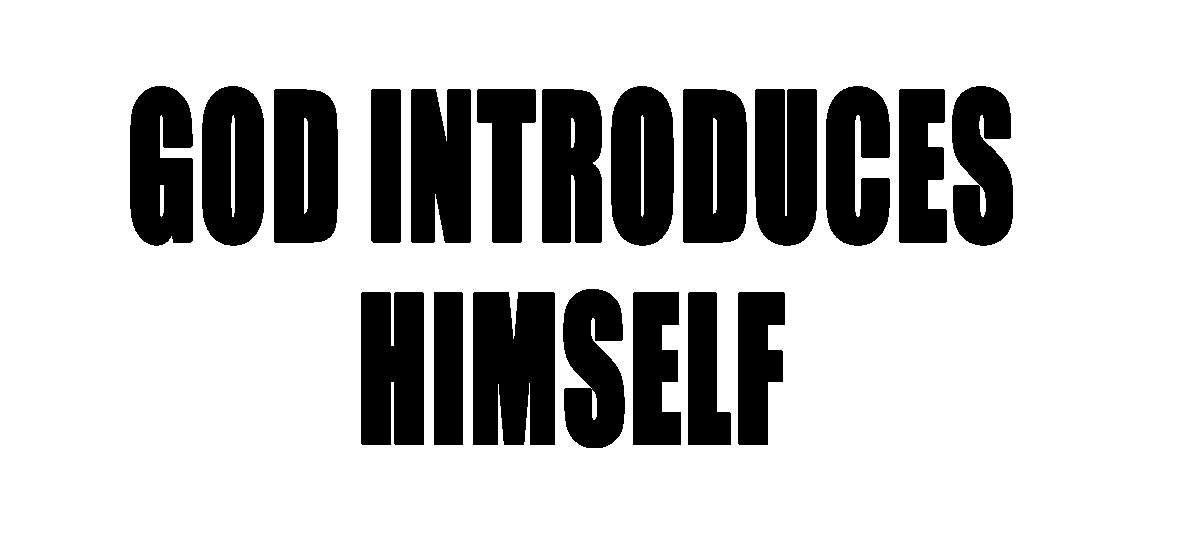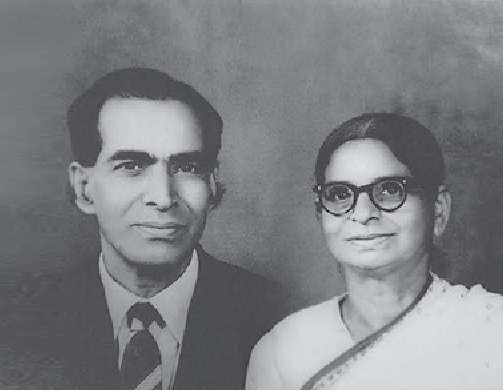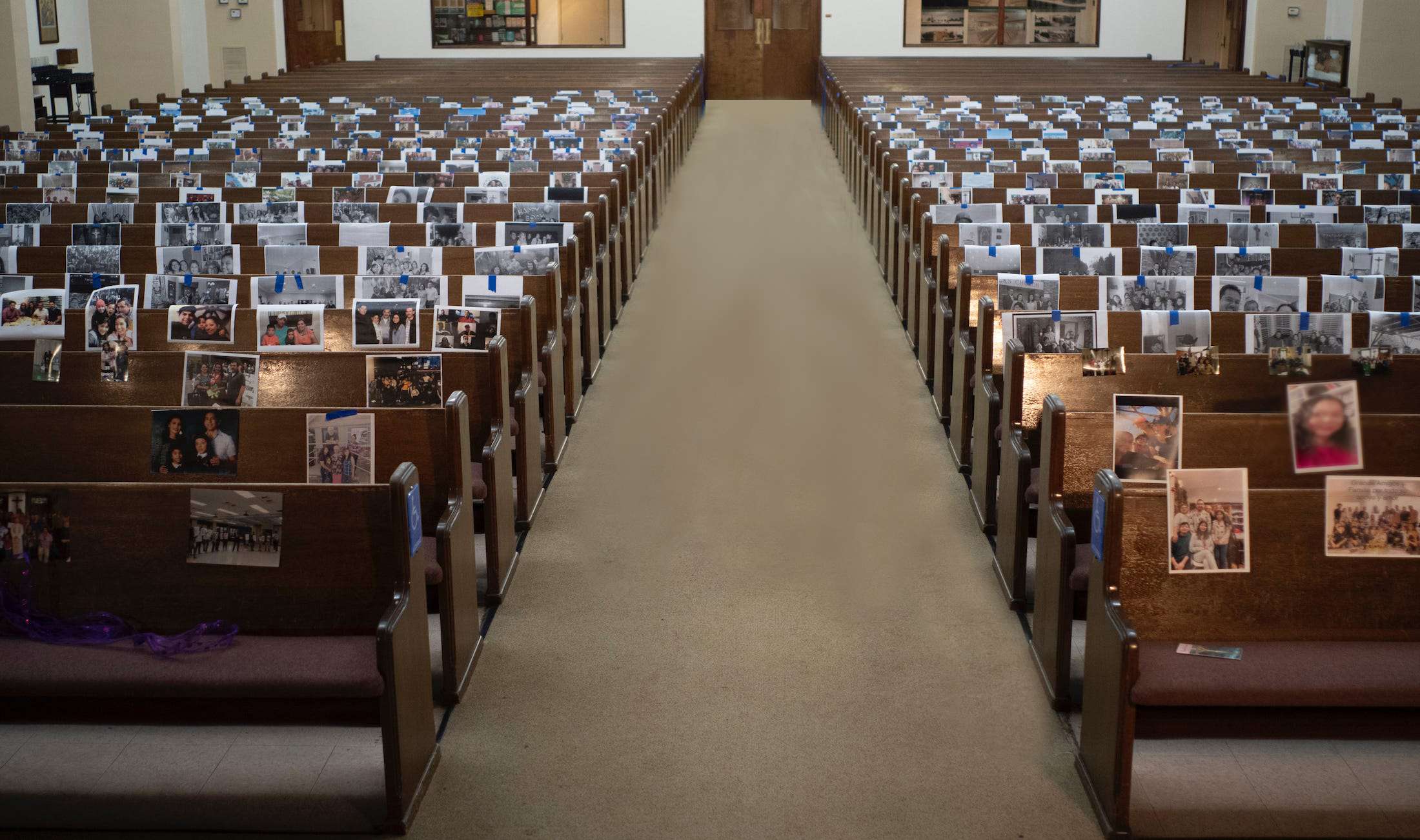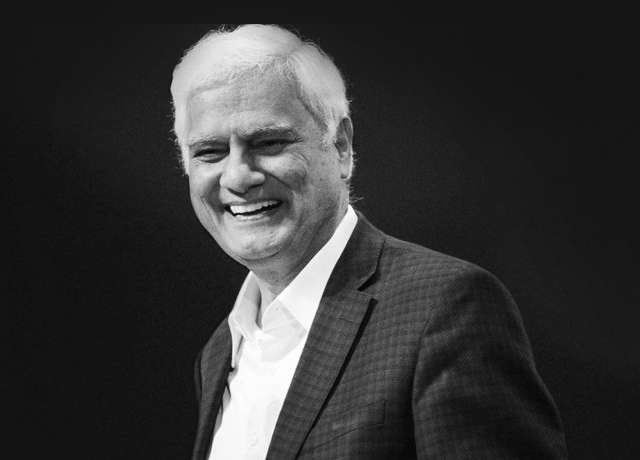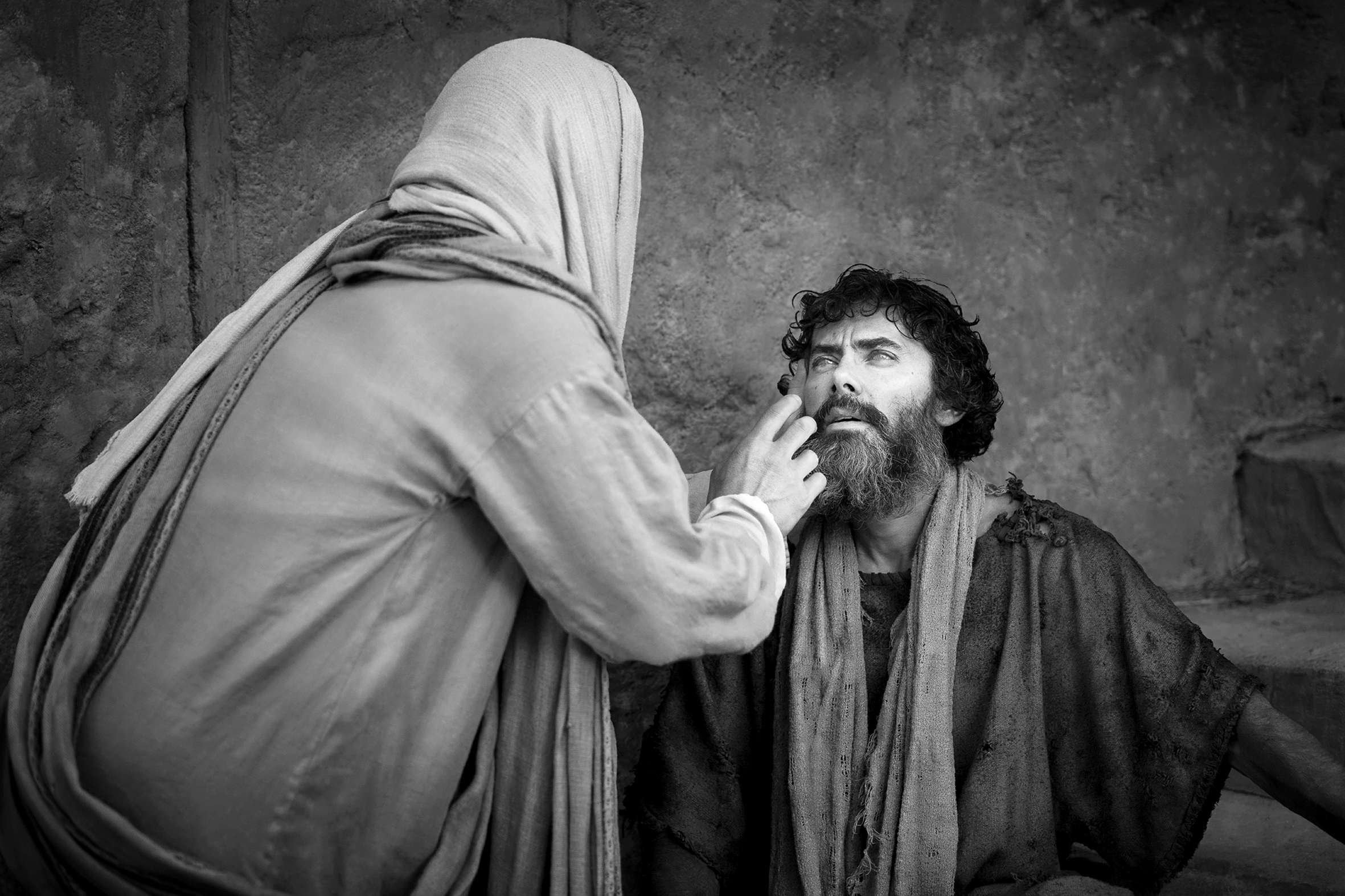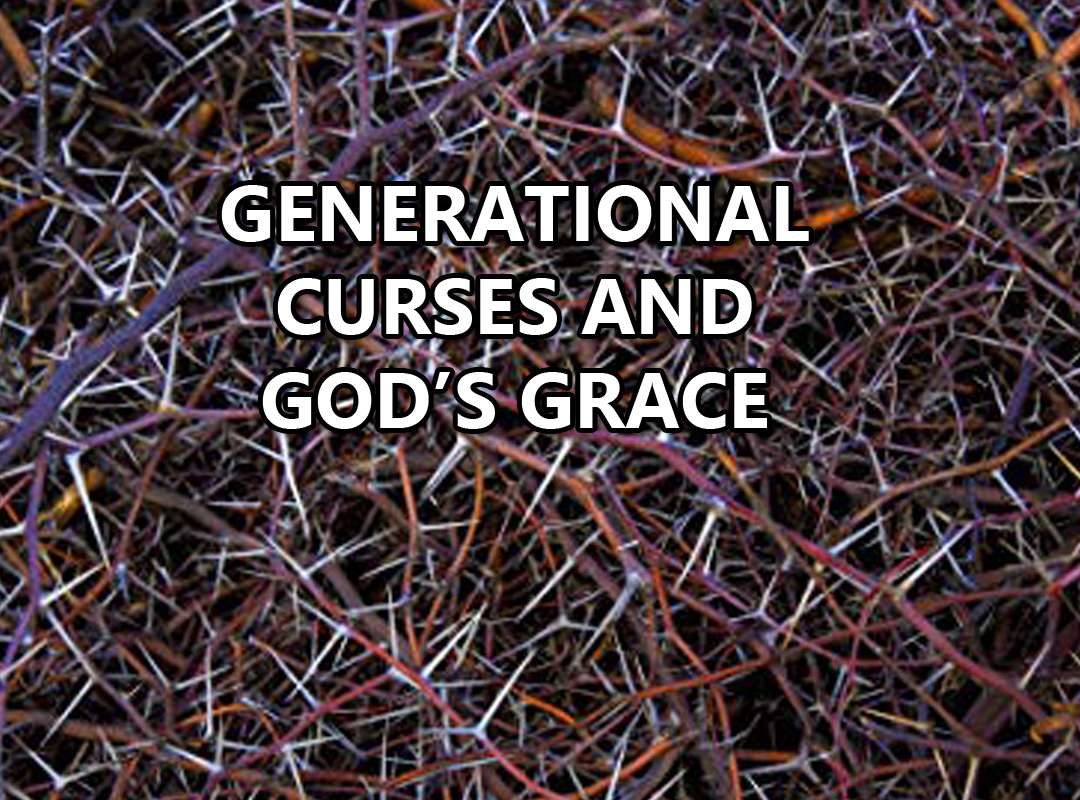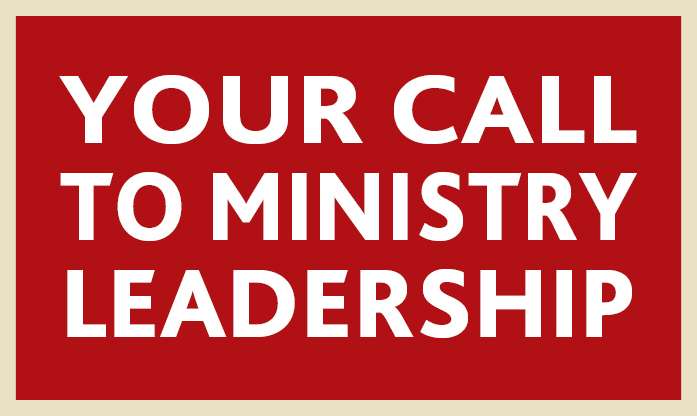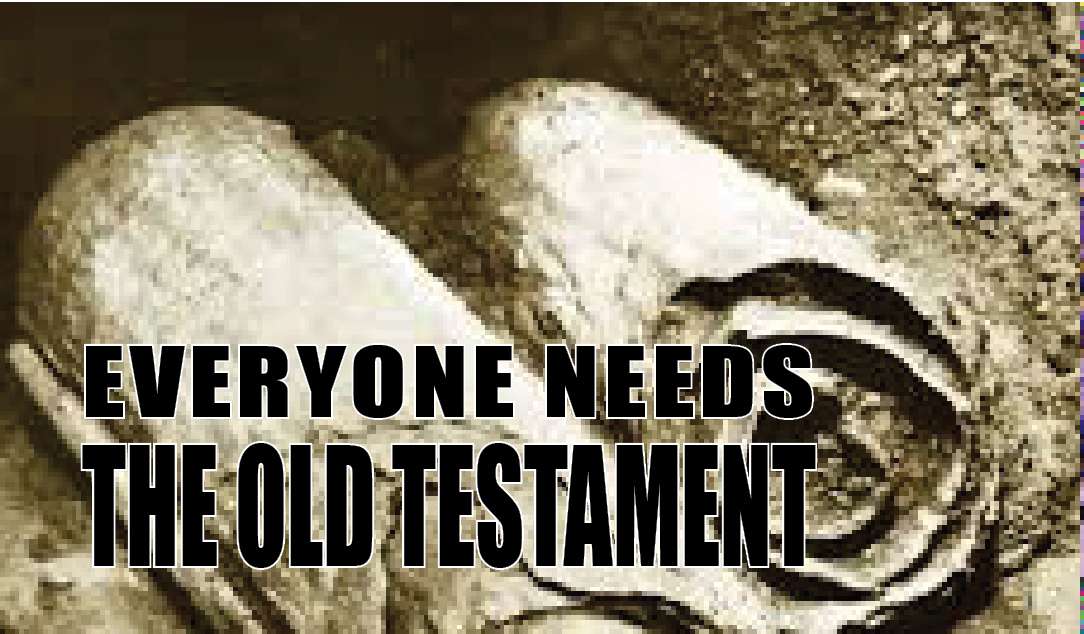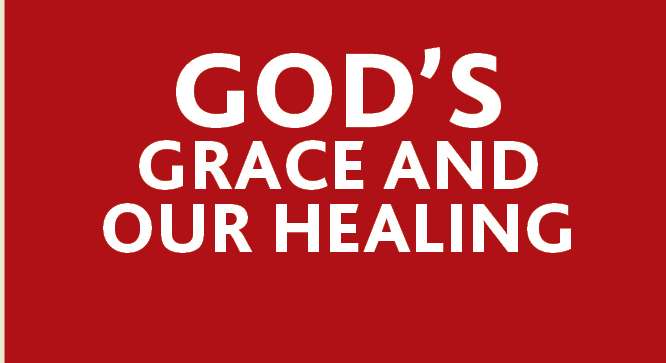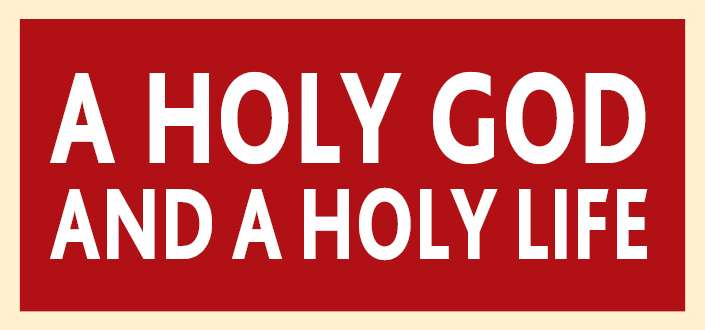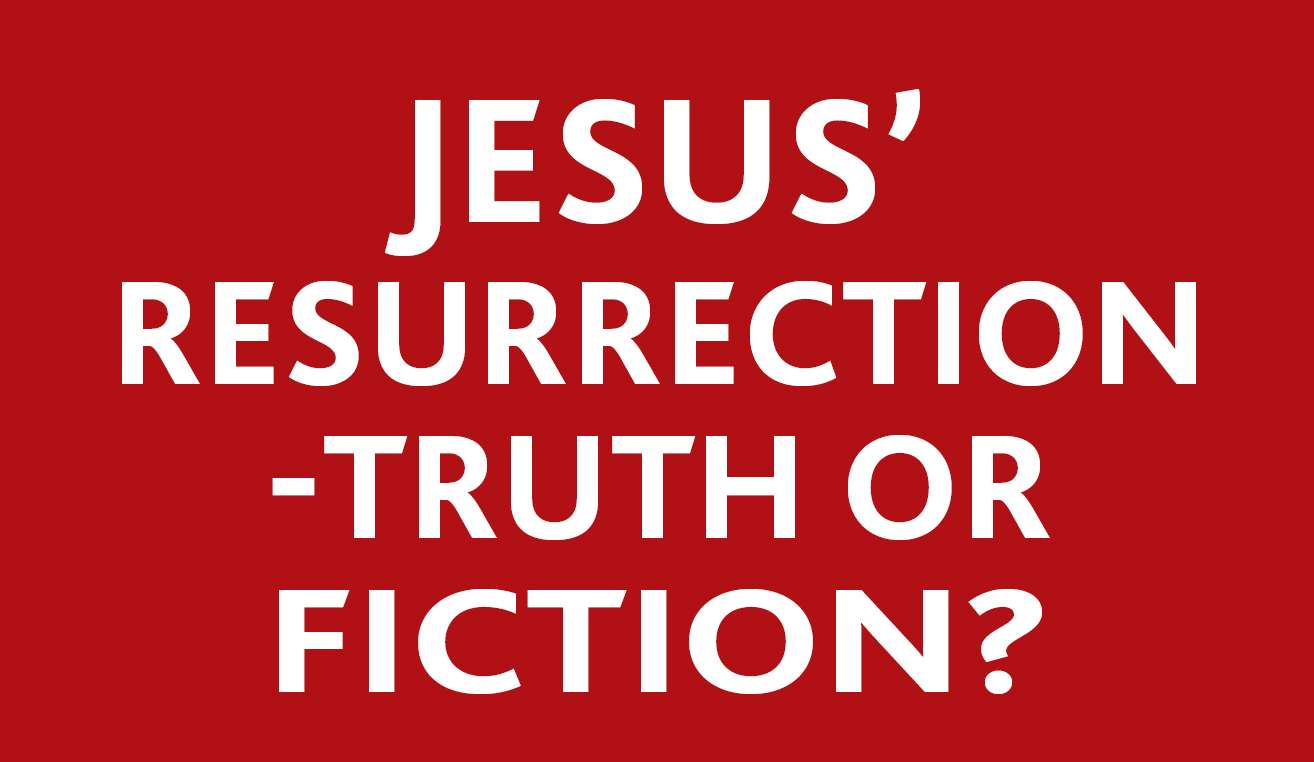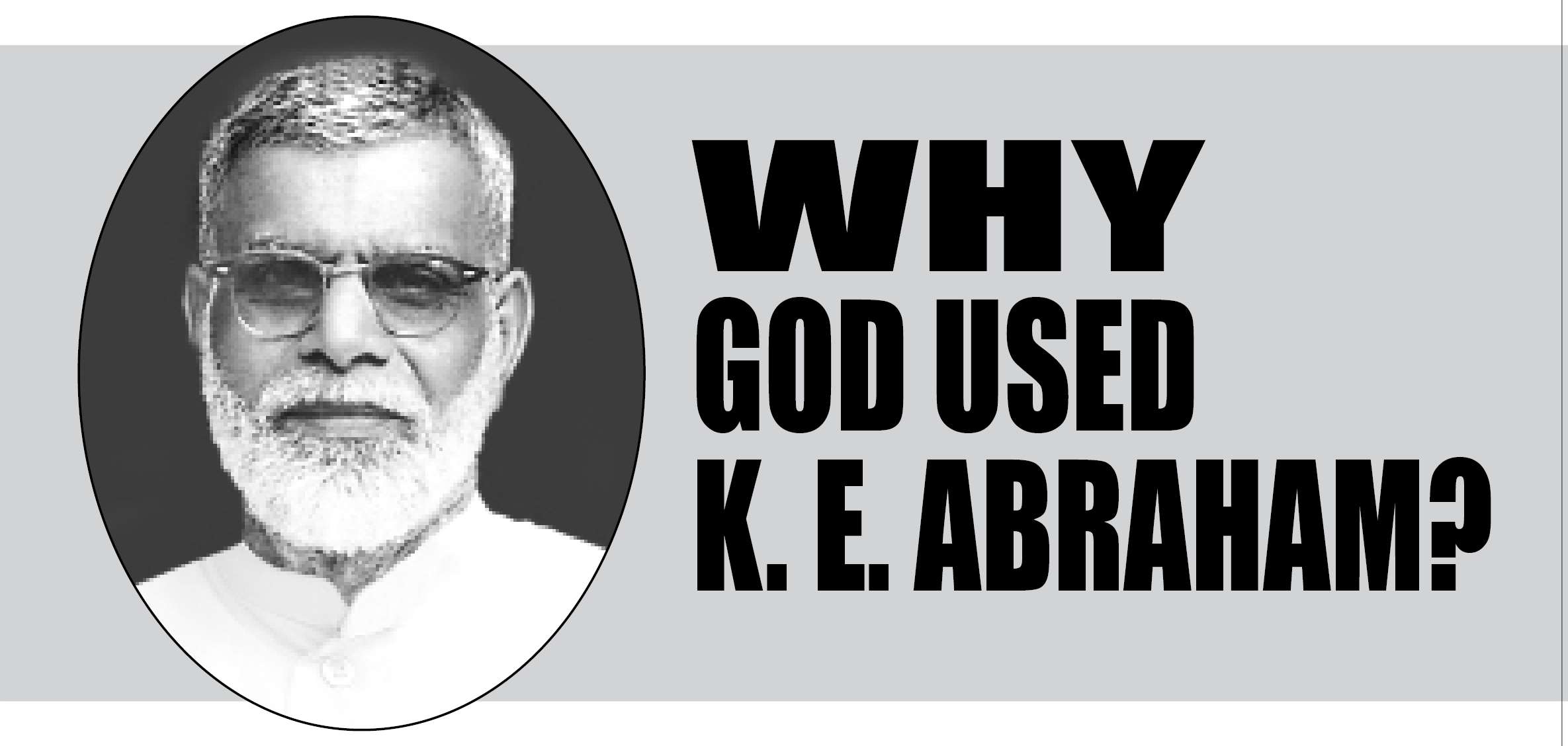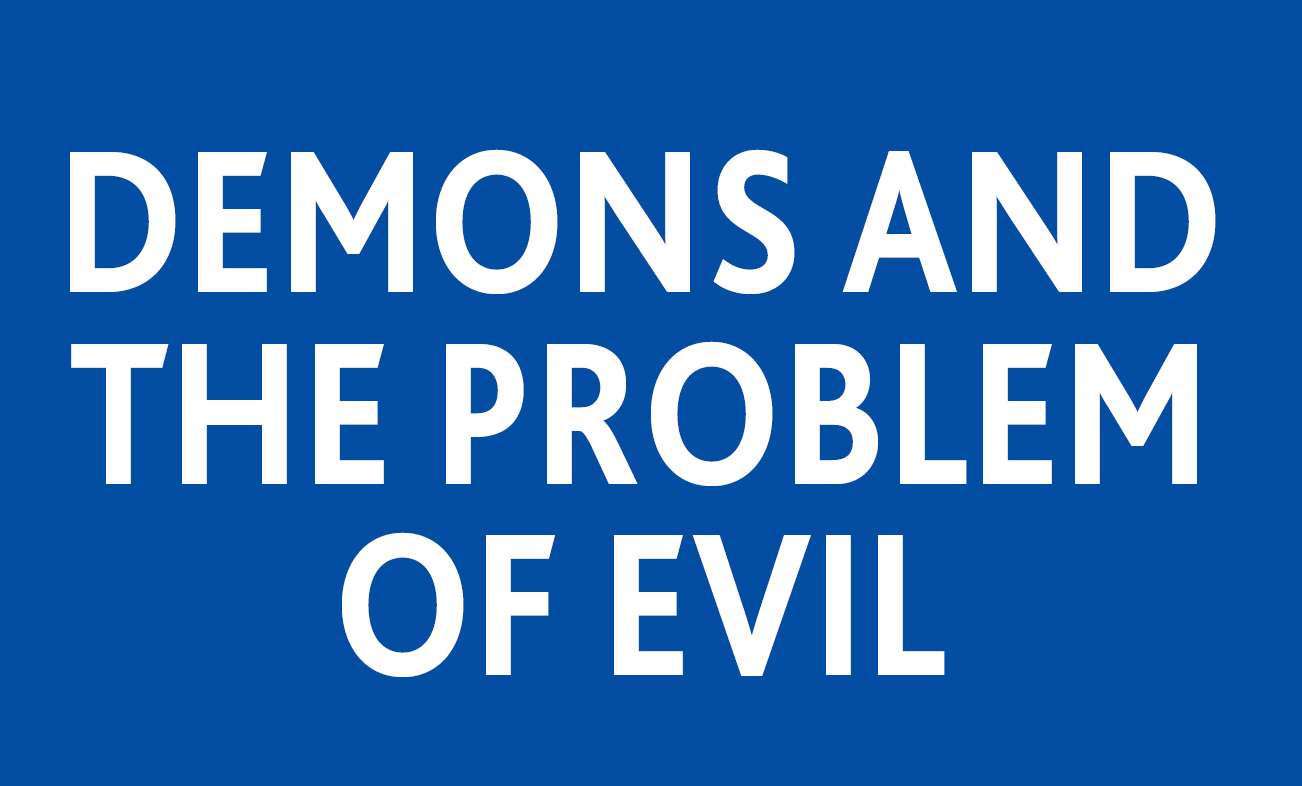

God's Work Made Manifest in Us
Dr. Valson Abraham
John records the story of the healing of a blind man by Jesus in Chapter 9:1-7 and then details in the following thirty-one verses the reactions of four groups of people and the story culminates in the blind person recognizing Jesus as the Son of God and “worshipped Him” (v.38).
The story really begins at the end of the 8th chapter when Jesus leaves the temple in Jerusalem. On His way out of the temple area, He and His disciples confront a blind beggar who sits at the temple gate.
This man has suffered blindness since birth. The context suggests he was a fixture at the gate for many years, seen by everyone as they entered and left the temple. They all passed him by, occasionally dropping a coin into his cup. Otherwise, they took him for granted and gave him no attention.
Jesus did not take the blind beggar for granted. He turned aside to talk to the man. The disciples asked Jesus, perhaps in a whisper, “Who sinned, this man or his parents, that he would be born blind?”
It was the wrong question. Jesus corrected them. His response in verse 3 is usually mis-translated in English versions. Without going into all the technicalities of Greek grammar, His response should be translated something like this: “Neither this man nor his parents sinned, but let the works of God be made manifest in him.”
Jesus’ response should become a comfort to all of us. Like the blind man at the gate, we all face circumstances in our lives that limit us in some way and are not our fault. Not all of life’s misfortunes result from personal or family sin. This includes events such as the loss of friends or loved ones, congenital illness, accidents, the death of a beloved child, and a host of events that prevent us from developing gifts or fulfilling good and reasonable dreams.
The disciples reacted to the blind man like Job’s “friends” reacted to his calamities (read the book of Job in the Old Testament). We learn that Job was a good man, and yet he suffered the loss of everything dear in his life through the hands of Satan. His so-called “friends” falsely accused him of secret sins. Their self-righteous and false accusations offended and slandered God.
Jesus reminds His disciples (and us) that God does not cause evil. He does not bring sorrows, calamities and limitations in our lives, even for His glory. These misfortunes come from the devil, who hates people made in God’s image and wants to deface and dehumanize them any way he can. In other words, the only one at fault for the man’s blindness is Satan. Jesus has come to destroy Satan’s works.
This should come as good news to all of us who suffer for seemingly irrational purposes. Like the disciples, we may even wonder what sin we have committed for God to punish us like this. We may agonize needlessly over what sins of our forebears brought upon us such bad karma.
Jesus demonstrates to the disciples (and to all of us) that God not only does not cause evil. He also desires to bring good out of the evil that afflicts us. Having secured the blind man’s permission, He heals the blind man, enabling him to see for the first time in his life. No longer does he have to sit and beg at the temple gate. Now, he has the God-given opportunity to live a fulfilling life rather than live on the edge of life.
What a lesson to us! Jesus wants to make the works of God manifest in each of us. He especially wants to transform those areas of misfortune in our lives that come to us through no fault of our own. When we give Him permission to do this, we are no longer bound to our past or to family or environmental circumstances we cannot control.
God does not cause evil, but He does sometimes use evil to humble and prepare us for His greater works in us. Think again of Job. When Job submitted himself to God, God blessed him in powerful ways. When we give Him permission, He will change our circumstances in ways possible only with Him. He will make a way where there is no way.
Someone has said, “The Crucified God is not in control of evil, sickness and suffering because He is too busy destroying them and bringing good out of them.”
John, the writer of this gospel, is honest to tell us that the healing of the blind man did not suddenly end all his problems. When Jesus healed the man, not everyone rejoiced and praised God for this good thing. Too often, the ones who should know best know the least of all.
The religious Pharisees became very upset with this healing that took place on temple grounds. Although the man had sat at the temple gate for years, they themselves apparently paid no attention to him. They did not take compassion on him. They did nothing to help the man to better his condition. They just left him at the gate to beg and barely survive. They just assumed the man was a sinner who deserved his fate. Jesus’ compassionate act put them in an embarrassing position.
These religious Pharisees were those to whom others traditionally looked for religious advice and counsel. Now, here was Jesus who demonstrated godly authority and power and compassion they did not possess or demonstrate. These religious authorities were really charlatans. With this healing, they must humble themselves and submit to Jesus themselves or resort to reckless means to discredit Jesus. They unwisely chose the latter course.
The Pharisees quickly found fault with Jesus for the timing of his healing. His healing violated their expectations and protocols about how and when these things should happen. Also, since they were unable to heal the blind man themselves, they feared that people would look to Jesus rather than to themselves as their authority. None of this meets the man’s real needs.
They regarded themselves as a religious elite, superior in moral wisdom and virtue over the unwashed masses. To them, Jesus threatened the social order, namely, their own power. Behind their anger lay fear and jealousy because this man, Jesus, from a small town demonstrated power and authority they lacked.
These religious phonies also reacted by attacking the healed man’s character and throwing him out of the temple as an example to others who dared to challenge the status quo. They wanted to instill fear in the minds and hearts of others who might question them. They refused to consider the possibility that Jesus’ power to heal demonstrated His authentic authority from God. Their power over the people meant more to them than a diligent search for truth.
In the end, these religious leaders who claimed more enlightenment than anyone else wound up being the blindest of all. The work of Jesus always winds up dividing people into two camps—those who accept His transforming power and those who rely only upon their own power, even when they do it using religious terms.
Does not this story of the blind man reflect what has happened to many of you who read this? You have heard the Good News and have received healing of mind and/or body from Jesus Christ. Like the blind man, you have submitted yourselves to Him, but there are people in your lives who do not rejoice with you in your new-found freedom. They see you as a threat. They may even cast you out from the family, from your community and from their lives.
Jesus did not leave the man alone in his predicament with the religious leaders. Jesus came to him and encouraged him, revealing to the man who He is – the SON OF GOD. The man submitted to JESUS and worshipped HIM. We know Jesus was faithful to meet the man’s need in the face of fierce opposition. He will do the same with each of us who puts our ultimate trust in Him.
When we read John’s record of this event, we believers in Jesus Christ must ask ourselves: Are we more like Jesus or the Pharisees in our attitudes toward those who suffer for no fault of their own? In our prayers and actions, do we become God’s agents to make Christ’s finished work on the cross manifest in them?
Let us who know the power and authority of Jesus Christ in our lives help to make His saving power manifest in all of India and throughout the world.
* * * * * * *
Father God, thank you for sending your Son, Jesus Christ, into the world to make your works of grace manifest in our lives. Through His death and resurrection, I accept every work of yours that He wants to make manifest in my own life. In the days ahead, teach me to become your agent in making your works manifest in my own sphere of influence. In Jesus’ Name. Amen.

